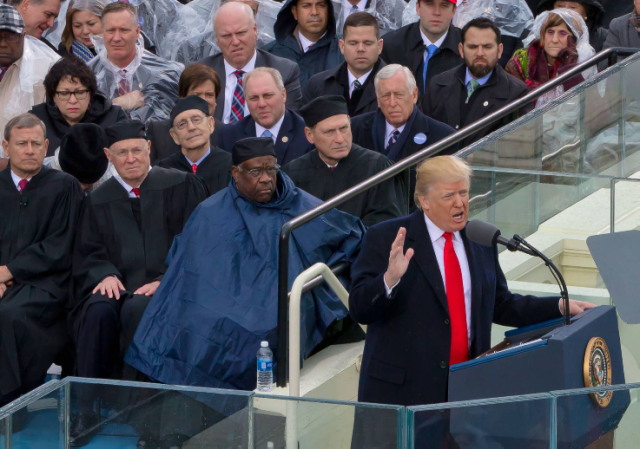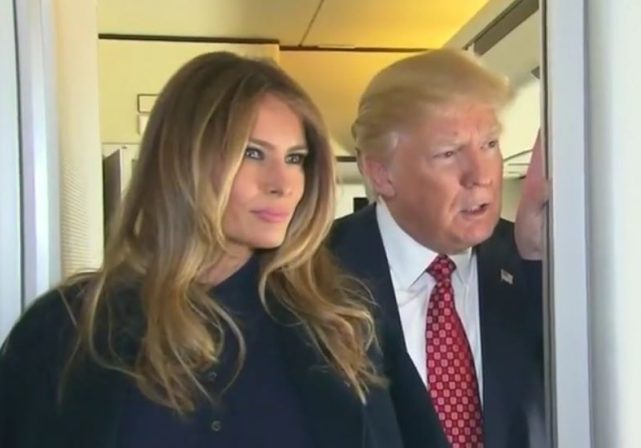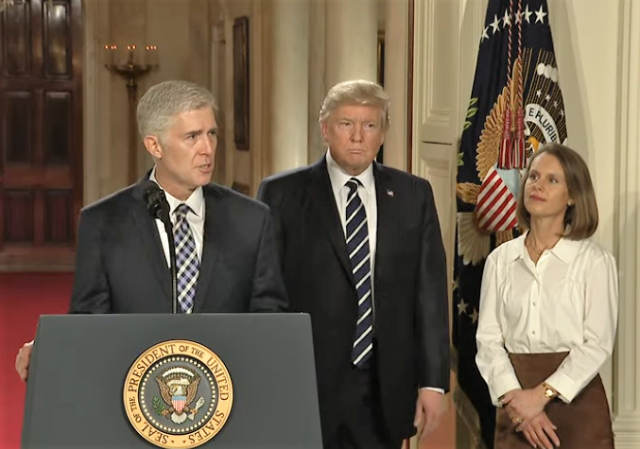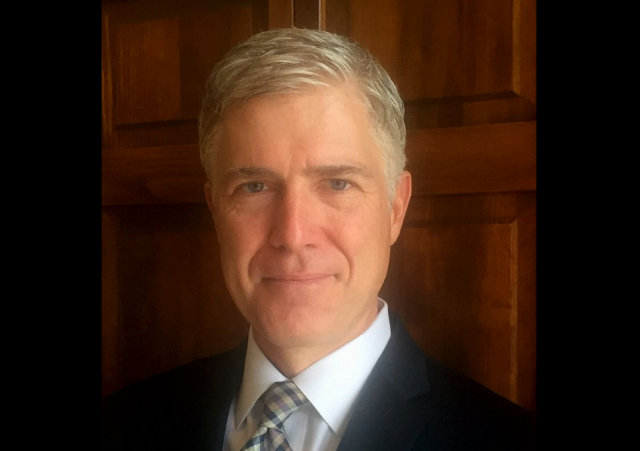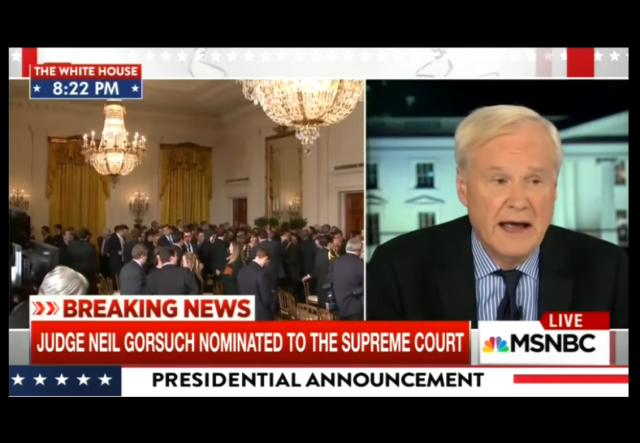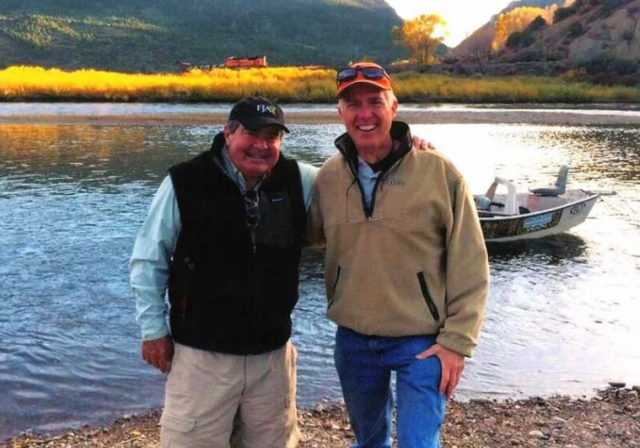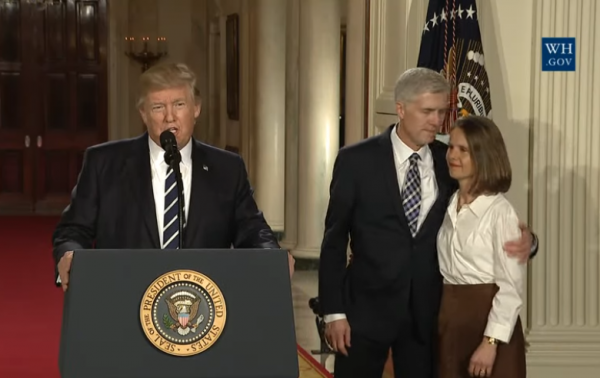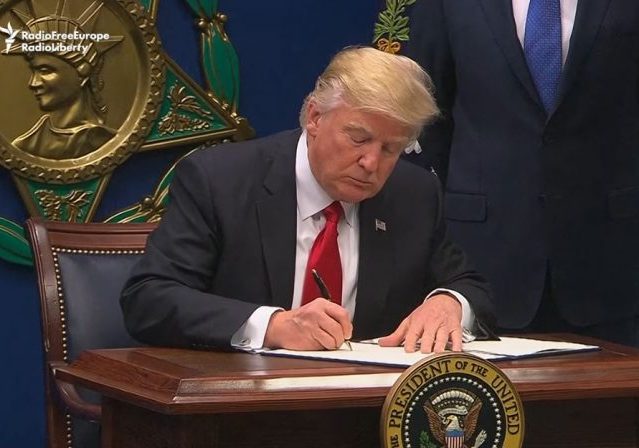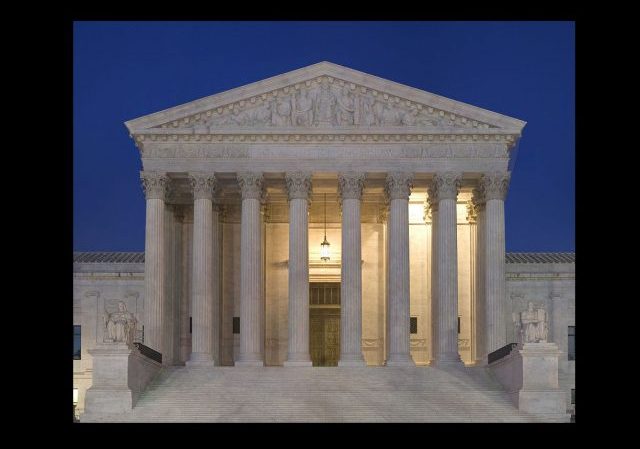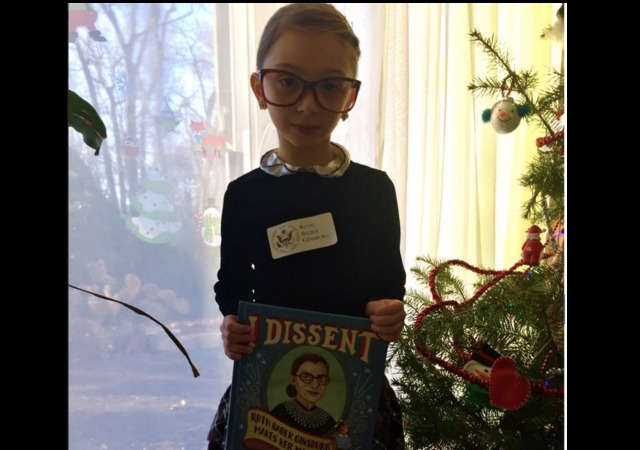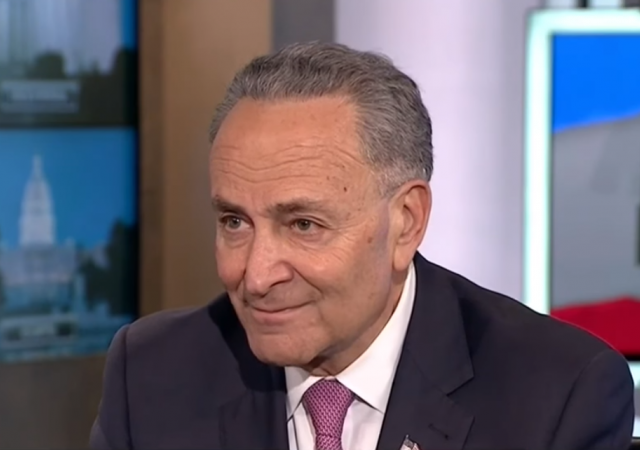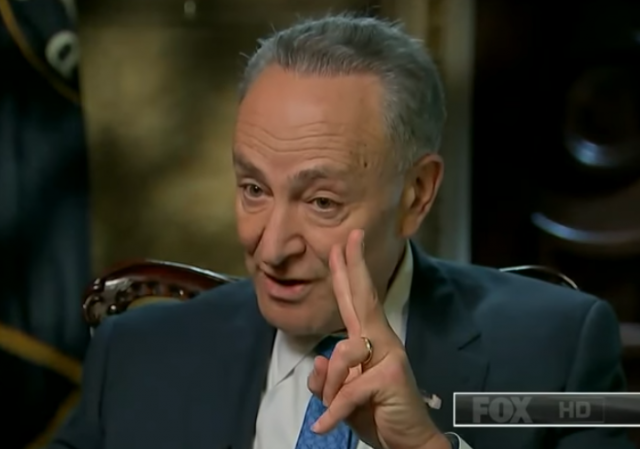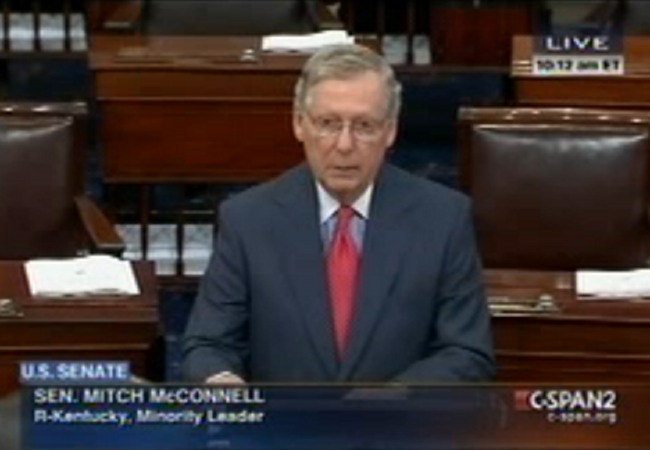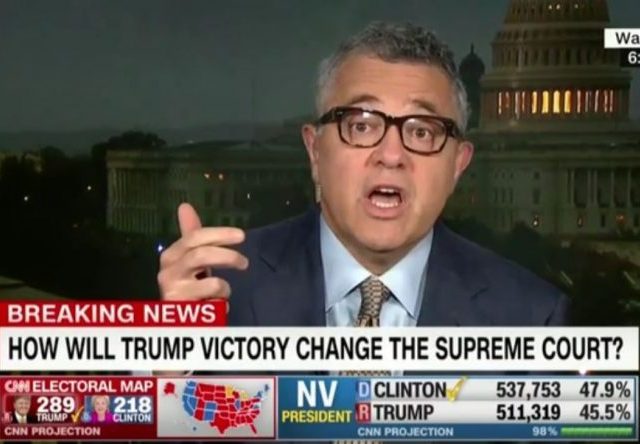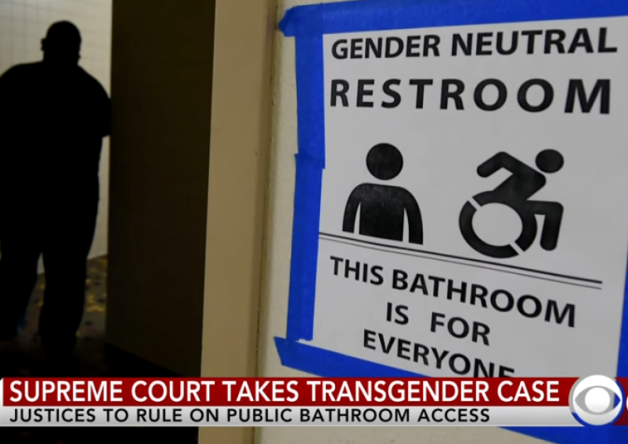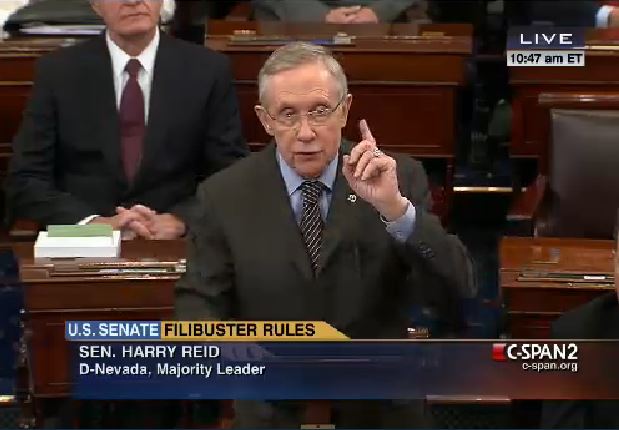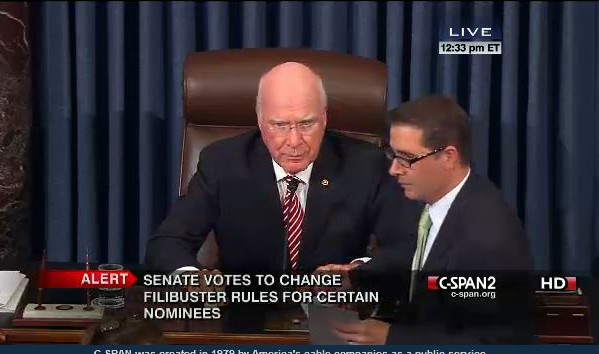The Judicial Insurrection against Trump’s Presidency
on March 18, 2017
52 Comments
After the 9th Circuit refused to vacate a TRO issued by a federal judge in Washington State as to Donald Trump's first executive order, I suggested that those judicial decisions not only were legally unjustified, they presented a threat to Trump's lawful executive powers and that dropping and reworking the executive order would be a mistake:
To accept the 9th Circuit ruling is to accept that the President does not have the powers vested in him by the Constitution and Congress.And so it came to pass, with a narrowed and reworked second executive order being enjoined by district court judges in Hawaii and Maryland. There's an interesting article at the LawFare blog, written by Benjamin Wittes and Quinta Jurecic, The Revolt of the Judges: What Happens When the Judiciary Doesn’t Trust the President’s Oath. The central thesis of the post is that judicial aggressiveness towards the executive orders may reflect distrust of Trump by many in the federal judiciary. That distrust, in turn, may be leading judges to cast aside the legally required deference to the political branches that the Constitution, legislation, and Supreme Court precedent require.

